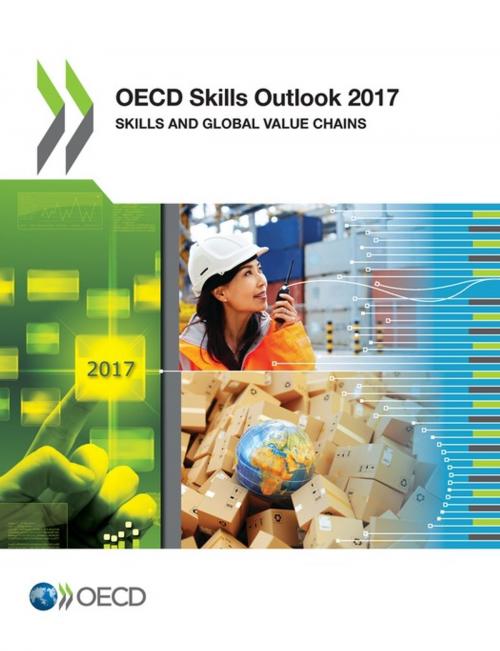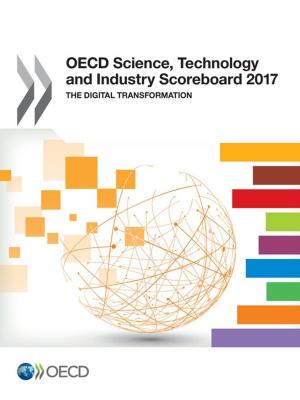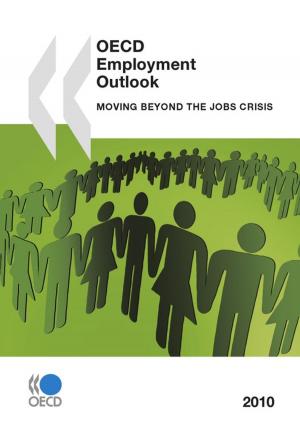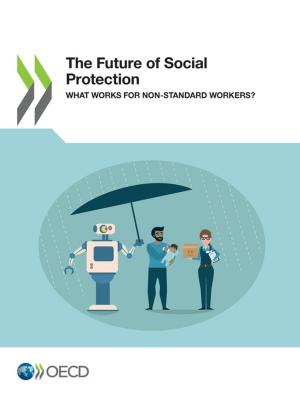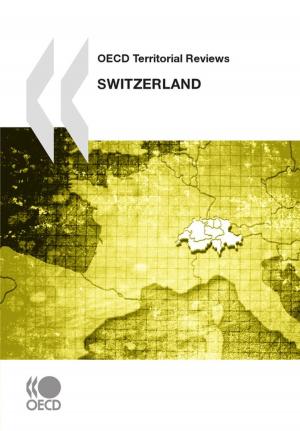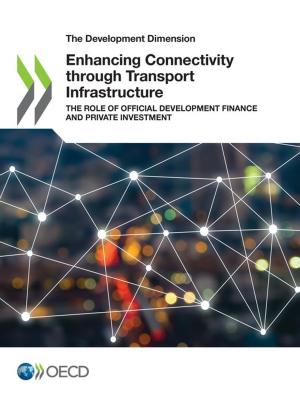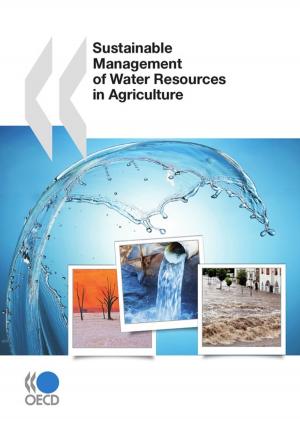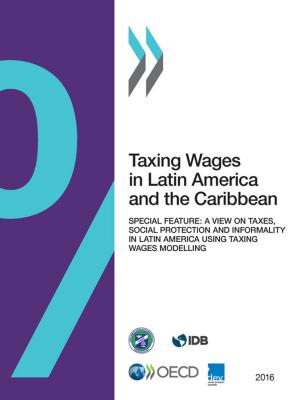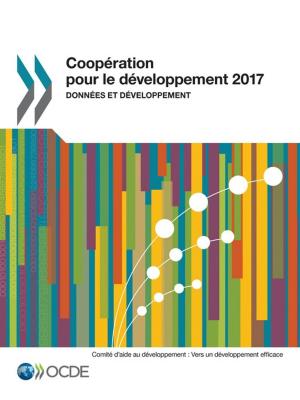OECD Skills Outlook 2017
Skills and Global Value Chains
Business & Finance, Business Reference, Education| Author: | Collectif | ISBN: | 9789264274723 |
| Publisher: | OECD | Publication: | May 4, 2017 |
| Imprint: | OECD | Language: | English |
| Author: | Collectif |
| ISBN: | 9789264274723 |
| Publisher: | OECD |
| Publication: | May 4, 2017 |
| Imprint: | OECD |
| Language: | English |
Since the 1990s, the world has entered a new phase of globalisation. Information and communication technology, trade liberalisation and lower transport costs have enabled firms and countries to fragment the production process into global value chains (GVCs). Many products are now designed in one country and assembled in another country from parts manufactured in several countries. Thirty percent of the value of exports of OECD countries comes from abroad. In this new context, GVCs and skills are more closely interrelated than ever. Skills play a key role in determining countries’ comparative advantages in GVCs. A lot of the opportunities and challenges brought about by GVCs are being affected by countries’ skills.
The OECD Skills Outlook 2017 shows how countries can make the most of global value chains, socially and economically, by investing in the skills of their populations. Applying a “whole of government” approach is crucial. Countries need to develop a consistent set of skills-related policies such as education, employment protection legislation, and migration policies, in coordination with trade and innovation policies. This report presents new analyses based on the Survey of Adult Skills and the Trade in Value Added Database. It also explains what countries would need to do to specialise in technologically advanced industries.
Since the 1990s, the world has entered a new phase of globalisation. Information and communication technology, trade liberalisation and lower transport costs have enabled firms and countries to fragment the production process into global value chains (GVCs). Many products are now designed in one country and assembled in another country from parts manufactured in several countries. Thirty percent of the value of exports of OECD countries comes from abroad. In this new context, GVCs and skills are more closely interrelated than ever. Skills play a key role in determining countries’ comparative advantages in GVCs. A lot of the opportunities and challenges brought about by GVCs are being affected by countries’ skills.
The OECD Skills Outlook 2017 shows how countries can make the most of global value chains, socially and economically, by investing in the skills of their populations. Applying a “whole of government” approach is crucial. Countries need to develop a consistent set of skills-related policies such as education, employment protection legislation, and migration policies, in coordination with trade and innovation policies. This report presents new analyses based on the Survey of Adult Skills and the Trade in Value Added Database. It also explains what countries would need to do to specialise in technologically advanced industries.
